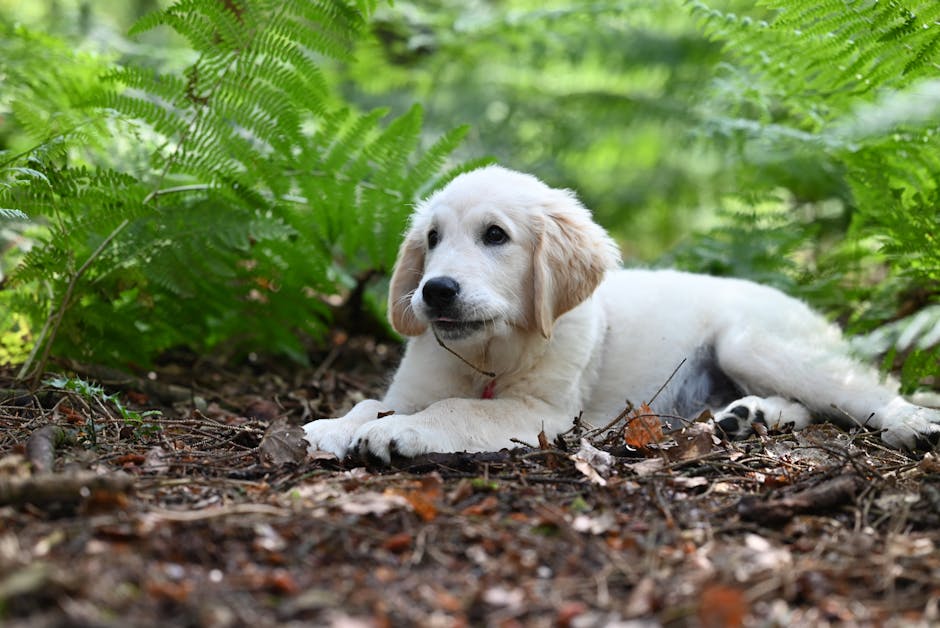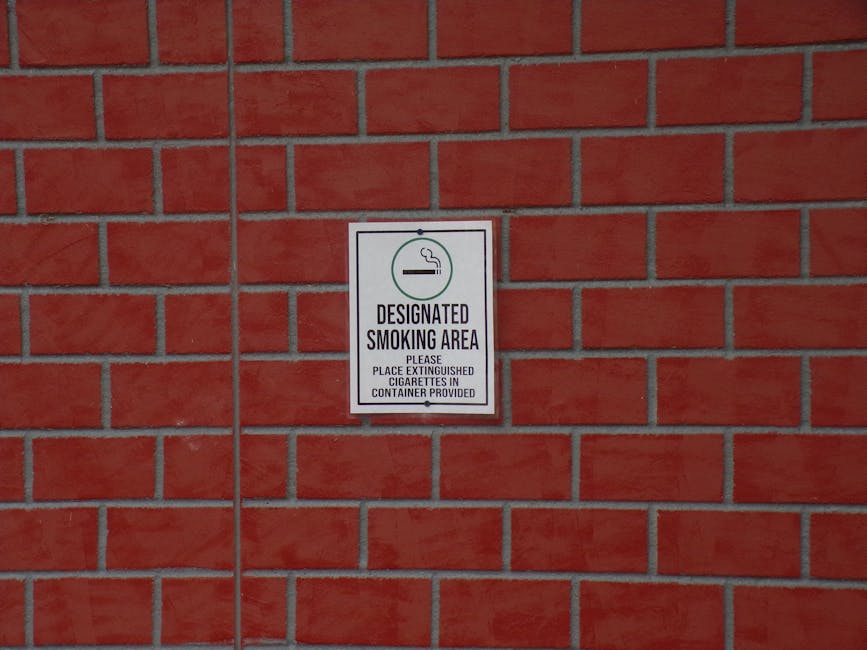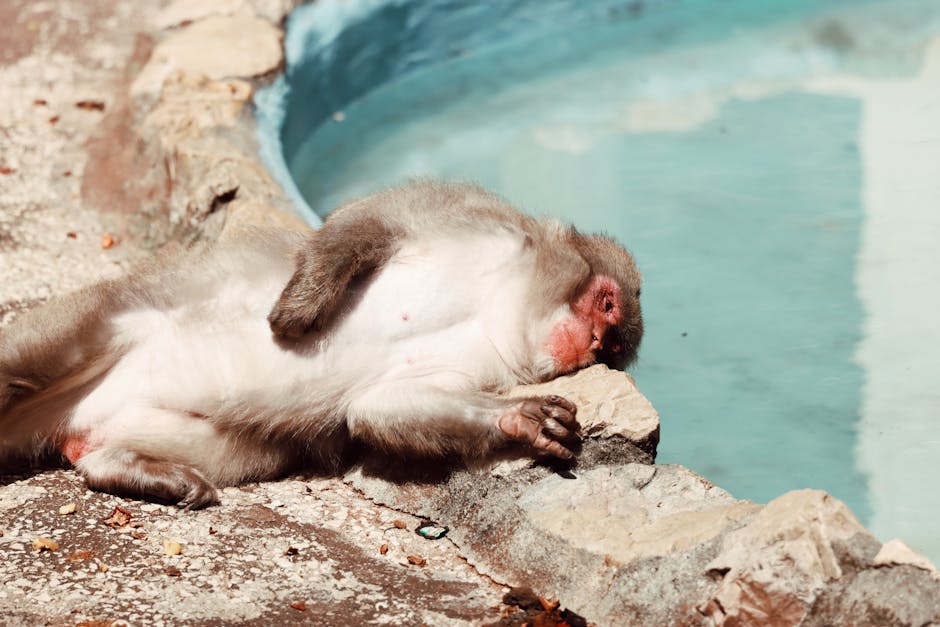Did you know that establishing a routine for your puppy can significantly impact their behavior and happiness? While many dog owners may not realize the importance of a structured schedule, creating a consistent routine is essential for raising a well-adjusted and obedient canine companion. Let’s dive into how to create a puppy routine that not only benefits your pet but also enhances your experience as a dog owner.
The Historical Background of Puppy Routines
Puppy Training: A Historical Perspective
The concept of training dogs, including establishing routines, dates back thousands of years. Ancient civilizations relied on dogs for companionship, hunting, and guarding. Historical texts reveal that structured training methods were in use by the Egyptians and Romans, emphasizing regular feeding and exercise schedules for service dogs. This laid the groundwork for modern puppy training routines, where consistency and structure are key components in a dog’s upbringing.
The Evolution of Puppy Care
In the past century, our understanding of animal behavior and the psychology of dogs has evolved dramatically. With the development of behavioral science in the 20th century, trainers began to advocate for a more humane and scientific approach to dog training. The establishment of routines was identified as a crucial factor in creating a stable environment for puppies, reinforcing positive behaviors while reducing anxiety and destructive tendencies.
Current Trends and Statistics Related to Puppy Routines
The Rise of Puppy Ownership
In recent years, there has been a surge in puppy ownership, particularly post-pandemic when people sought companionship at home. Statistics indicate that in 2020 alone, around 3.1 million households in the U.S. adopted a pet. This influx of new pet owners has led to a heightened awareness of the importance of establishing routines for puppies. According to surveys, 67% of new dog owners reported that they prioritize creating a structured daily schedule for their pets.
Trends in Puppy Training Methods
Contemporary puppy training trends emphasize positive reinforcement techniques and the establishment of regular routines. Many pet professionals now encourage owners to incorporate consistent meal times, potty breaks, exercise, and socialization into their schedules. Recent studies have shown that puppies who are introduced to structured routines are more likely to respond positively in training sessions and exhibit fewer behavioral issues.
Practical Tips for Creating a Puppy Routine
Establish a Consistent Feeding Schedule
One of the cornerstones of a puppy’s routine is maintaining a predictable feeding schedule. Puppies usually require three to four meals a day, and feeding them at the same times each day helps regulate their digestion and establish good bathroom habits. Choose a specific time in the morning, lunchtime, afternoon, and evening to feed your puppy, and stick to this schedule to create stability in their diet and routine.
Incorporate Play and Training Time
Beyond feeding, your puppy’s routine should include designated play and training times. Short training sessions, infused with interactive play, not only strengthen your bond with your puppy but also stimulate their mental and physical development. Aim for 15-30 minutes of focused training and playtime twice a day. This consistency provides your puppy with the engagement they need to flourish and also reinforces the skills you want them to master.
Future Predictions and Innovations in Puppy Routines
The Role of Technology in Puppy Training
As technology evolves, so do our methods of training and caring for our pets. Innovations such as smart collars, training apps, and automated feeding devices have gained popularity among dog owners, allowing for easier monitoring of a puppy’s routine. These tools can help schedule activities, track exercise, and even alert owners when it’s time for a walk or playtime, ensuring that routines are maintained efficiently.
Personalized Puppy Care Solutions
Looking ahead, personalized puppy care solutions are expected to become standard practice. With advancements in artificial intelligence and pet care tech, customized routines based on each puppy’s breed, age, or behavior might be developed. This will allow owners to create the most effective and tailored routines for their pets, ensuring optimal training and emotional health.
In conclusion, establishing a routine for your puppy is not just another chore—it’s an essential foundation for your dog’s happiness and behavior. Understanding the historical background, current trends, practical tips, and future innovations will equip you with the knowledge needed to create a fulfilling routine for your newest family member.
Final Thoughts on How to Create a Puppy Routine
Establishing a consistent routine for your puppy is crucial for their development and well-being. A structured schedule not only enhances their behavior and learning but also strengthens the bond between you and your furry friend. By balancing playtime, training, and rest, you lay the foundation for a happy and well-adjusted adult dog.
Further Reading and Resources
-
“The Importance of Socialization for Puppies” – This article provides insights into the significance of socializing your puppy and how it should be incorporated into their daily routine. Understanding socialization can greatly complement your routine efforts.
-
“Positive Reinforcement Training Techniques” – Delve deeper into effective training strategies that can be seamlessly integrated into your puppy’s routine. This resource offers tips on rewarding good behavior, making training a positive experience.
-
“Understanding Puppy Development Stages” – A comprehensive guide outlining the different stages of a puppy’s growth and development. This knowledge can help you tailor your routine to meet your puppy’s changing needs effectively.
-
“Healthy Feeding Habits for Puppies” – Discover the nutritional requirements for your puppy and how to formulate a feeding schedule that fits into their routine. Proper nutrition is vital for their growth and energy levels.
-
“Creating a Safe Space for Your Puppy” – Learn how to create a secure and comfortable environment for your puppy at home. This resource emphasizes the importance of safety while they adapt to their new routine.




